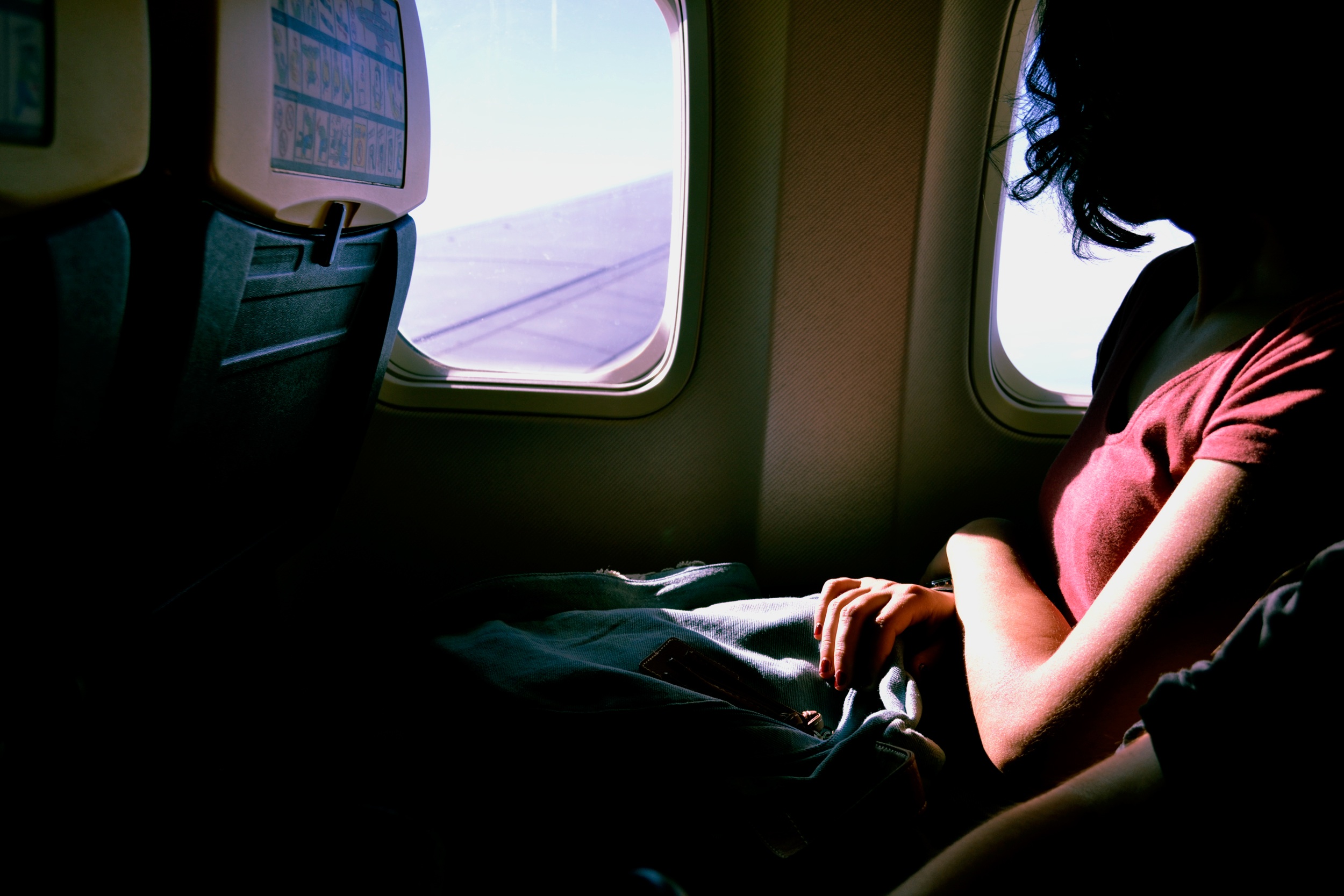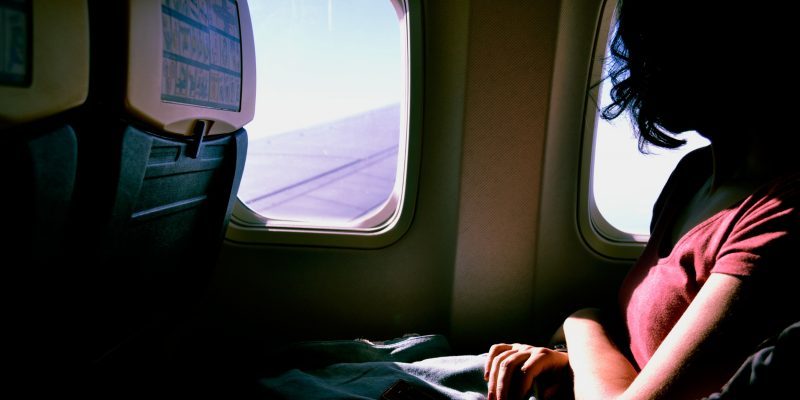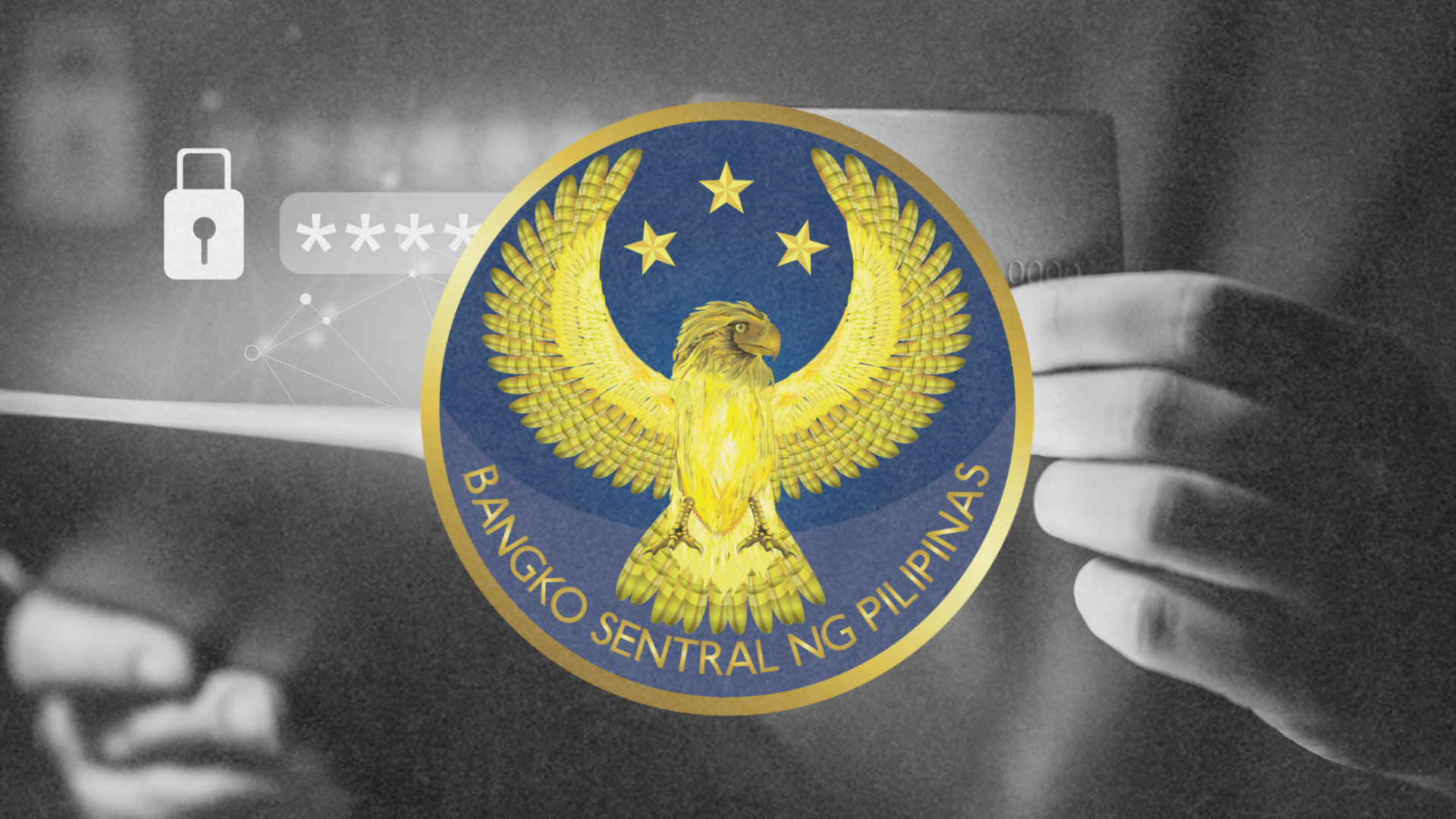The freedom of solitude doesn’t license reckless abandon.

The advantages of traveling alone: you pick the itinerary; you can be more mobile, or less, at your pleasure; and pulling off a solo trip gives you confidence like nothing else: you become, quite literally, a man or woman of the world.
Traveling alone used to be expensive. It was common to join a guided group tour to cut cost, after haggling with different travel agencies for the best deal.
That seems ancient now; do-it-yourself travel is the current trend: As Internet use permeates deeper into our daily living, our access to budget-friendly airlines, alternative accommodations, and destination information becomes easier and easier; if you play your cards right, cheaper; and with some luck, a lot of fun.
But solo travel can be risky. To seasoned criminals, you are the prey with no herd; you are the fish out of water–easily spotted, and ripe for swipe or swindle.
Before you go, remember:
- You can’t have too much information.
Read up on your destination; read about the environment and cultural intricacies. Check if your government, or any government, has issued travel advisories.
- Try to sleep in places you can look up online.
Booking for accommodations has never been easier; the same goes for vetting them remotely. Take advantage of all that access to information and make sure you don’t end up in a hellhole. Look for places with many customer reviews. The more reviews the better: Empirical evidence of guests that have visited and survived.
- Keep your next of kin, or someone close, informed.
Tell your friends and loved ones where you’re headed; leave them an itinerary and the contact numbers of your string of hostels and inns; give them flight details; and inform them of delays and cancellations. Think of them as “base camp” monitoring your trip.
- Leave your valuables at home.
Unless you’re going to a royal fundraiser, anything that functions as and costs like jewelry–luxury wristwatches count as jewelry–should stay home. Ideally, you must be prepared to lose anything you bring. If your smartphone is priced like a luxury item, consider getting a cheap replacement for travel and as a backup.
- Make copies of all your travel documents.
Passport, itinerary, boarding pass, train ticket. Everything. Keep the originals on your person; photocopies in a safe in your room, or with the rest of your luggage; and digital photos in the cloud. Do not put them on Facebook.
- Don’t keep all your money in one place.
If you get mugged or pickpocketed out of your phone, wallet, and bag, you’ll have backup cash in, say, a discrete pocket, or in your sock, or back in your hotel room.
- Use information desks.
Airport and hotel personnel, and tourist help desks will be happy to show you accredited, or at the very least, safe, options for transportation. They will also warn you about different schemes to grift tourists.
- Don’t leave food and drink unattended.
Finish your drink before going to the loo. Whether you’re a man or a woman: Beware of roofies. Or enthusiastic waiters.






